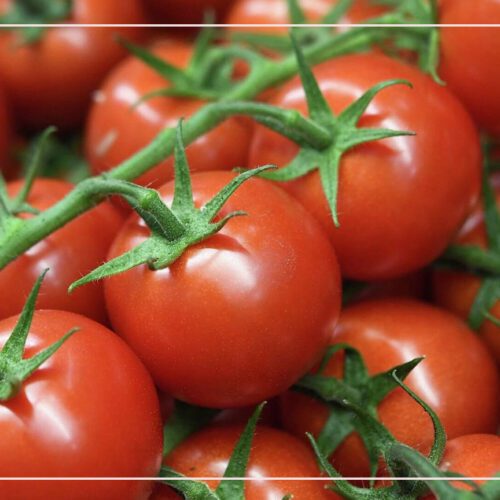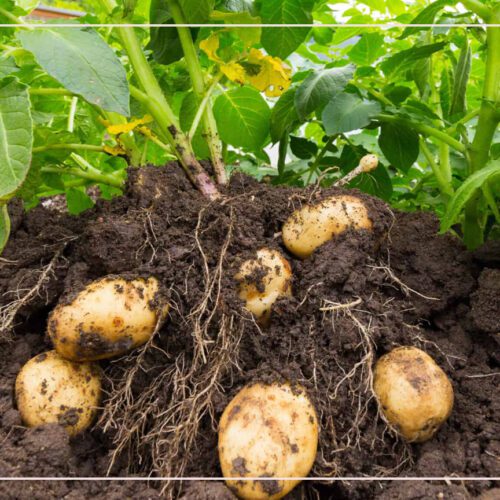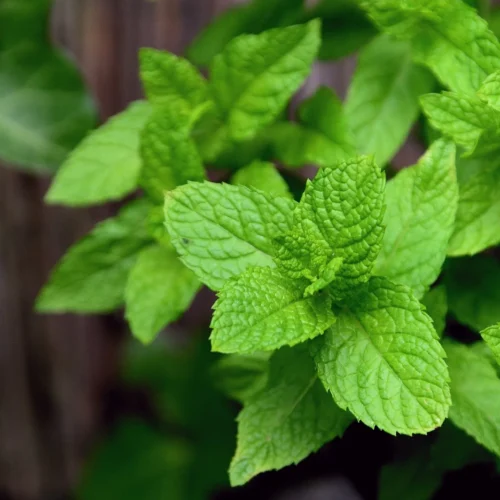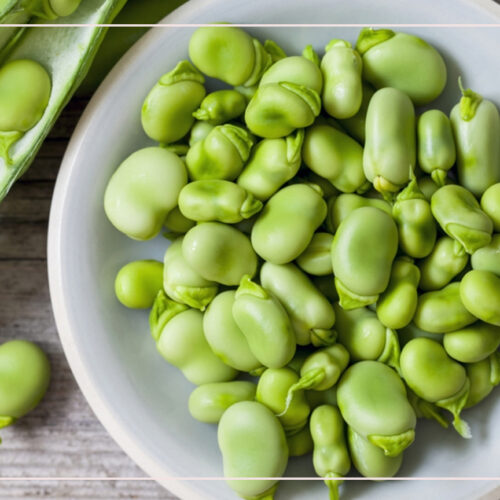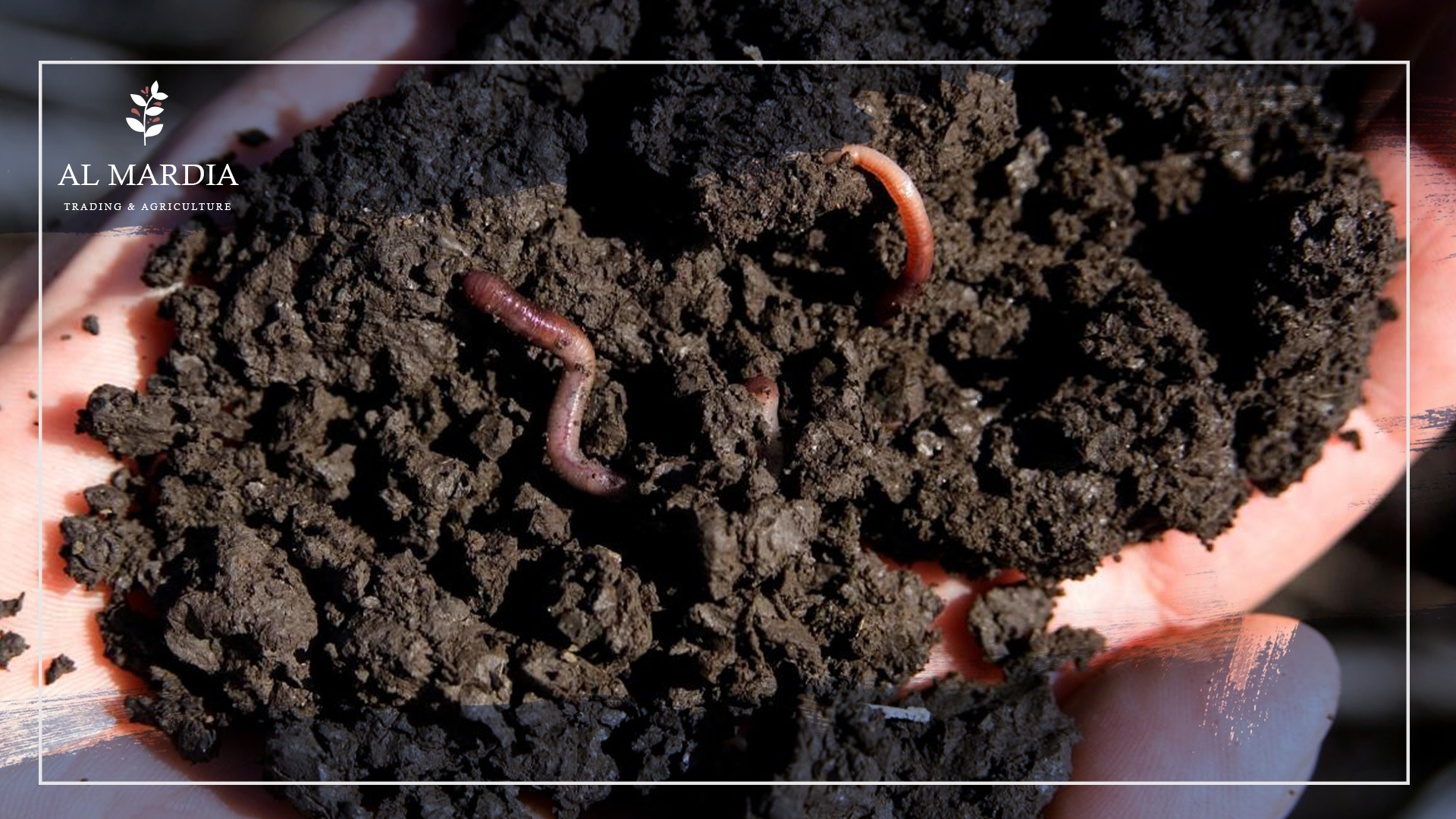
Worm Castings: Eco-Friendly Farming Solutions
Worms are often overlooked but they are essential for a healthy ecosystem. They play an integral role in the process of soil construction and recycling of organic material. Furthermore, they form part of a network of organisms that convert waste into nutrient-rich soil. These nutrients are one of the benefits of having worms in the environment, as they help to nourish and support plant life, which in turn helps to sustain other organisms. In this article, we explain the basic role of worm castings in eco-friendly farming.
Not only do they help to improve soil porosity and increase oxygen access to roots, but they can also be used in worm composting to create nutrient-rich fertilizers for gardens. By encouraging earthworms in soil or trying worm composting, gardeners can experience the life-giving benefits of these amazing creatures.
Earthworm Benefits:
Worms are able to tunnel through the earth, consuming organic matter and excreting castings that provide essential nutrients to plants. Worms thrive in soils with temperatures around 70° Fahrenheit (21° Celsius), and any extremes of cold, heat, or moisture can have a detrimental effect on their health.
Soil conditions that are moderately warm and moist create a conducive environment for worms in gardens to thrive. As they tunnel through the ground, it helps in better water percolation and oxygen circulation into plant roots. Loosening of soil also aids in soil aeration and bacteria growth.
Soil with a more open structure allows the roots of plants to go deeper and access necessary resources, which contributes to their growth and health. Another great advantage of garden worms is their capacity to convert waste into fertilizers.
Worms and their effects on my garden:
Worms are an essential part of the ecosystem, and their castings provide a valuable source of fertilizer for plants. Worm castings are a natural byproduct of their digestion of organic waste, containing vital nutrients that aid in the growth and development of plants. This natural fertilizer is much more effective than synthetic ones. That’s because it does not contain any harsh chemicals or artificial additives. Thus, worms provide an environmentally friendly and cost-effective way to nourish our gardens.
This is a form of vermicomposting that involves using earthworms for soil conditioning purposes. Though these worms may create mounds of castings that are not aesthetically pleasing and can be a tripping hazard, the advantages far outweigh these minor drawbacks. If an acre of soil has 5,000 worms, it can generate up to 50 tons of castings.
How to enhance worms’ actions?
By taking the right steps to enhance their actions, it is possible to increase their beneficial impact on soil quality. This can be done by avoiding deep tilling, providing organic munchies, using mulch and compost, increasing moisture levels, and reducing chemical inputs. It is recommended to avoid the use of pesticides, as they can devastate entire worm populations in gardens.
Worms offer a variety of benefits to gardeners and farmers alike, from aerating the soil and improving drainage to providing organic matter. Transplanting shovels full of soil laden with worms is an easy way to introduce these beneficial organisms into areas with few of them. Additionally, worm eggs and worm castings may be purchased at certain nurseries as a way to quickly increase the number of worms in an area. See our Wormcasting
Compost manufacturing:
Recycling kitchen scraps can be achieved with the help of red wigglers and redworms. This process, known as vermicomposting, is usually done inside a bin.
Earthworms are not suitable for composting as they tend to try and escape. Red wigglers, however, can quickly convert kitchen waste into nutrient-rich compost for plants that require extra nourishment. To begin the process, it is recommended to line a bin with newspaper or shredded organic material and layer it with high-quality compost Growthmax. After that, add cut kitchen scraps, add worms, and cover with a thin layer of soil.
Maintaining a suitable level of moisture in the compost and covering it with a lid that has tiny air holes punched in it is important for the worms. The production can be scraped off from one side as it finishes, and new scraps can be added. This setup offers similar advantages provided by larger-scale earthworm farming, but on a smaller scale.
Vermicompost challenges:
The wrong type of vermicomposting bin can lead to many issues. For instance, if it is inadequately ventilated or has too few holes, the moisture levels will be too high and the food scraps may start to decay. Additionally, there will be an insufficient drainage system which could result in the worms drowning.
In order to keep the humidity and pH level in balance, it is important to choose the appropriate bedding material. Usually, paper or shredded cardboard bedding tends to dry out faster than required.
Peat moss has an acidic pH level which is not suitable for optimum worm health. Outdoor Vermicomposting relies on the worms’ migration to appropriate sites while Containerized Vermicomposting requires you to provide the necessary environment.
In conclusion, vermicomposting is a great way to recycle food scraps in an environmentally-friendly and cost-effective manner. Worms can break down most food scraps, but it is important to avoid greasy, smelly, and animal products as these can cause the castings to smell rotten or the worms may not be able to break them down. By following simple guidelines, vermicomposting can be a rewarding experience with many benefits.
Related topic
Neem Oil: Magic In a Bottle
Common Questions:
-
Is worm casting good for plants?
Worm castings are an important component of a healthy soil system. They are necessary for providing essential plant nutrients and improving the structure of the soil. Rich in nitrogen, iron, and other minerals, they are an effective way to fertilize plants without having to resort to harsh chemicals. In addition, they also provide beneficial bacteria and fungi that help improve root growth and promote stronger plants.
-
Do worm castings raise pH?
Worm Castings are a great way to maintain an appropriate pH level so plants can receive the necessary nutrients from the soil. They help prevent too high or too low of a pH level which can prohibit the growth of plants.
-
Does worm castings have NPK?
Worm castings are an excellent source of micronutrients, such as iron, sulfur, magnesium, zinc, copper, and calcium. Additionally, they contain macronutrients with NPK ratios ranging from 1-0-0 to 5-5-3.

